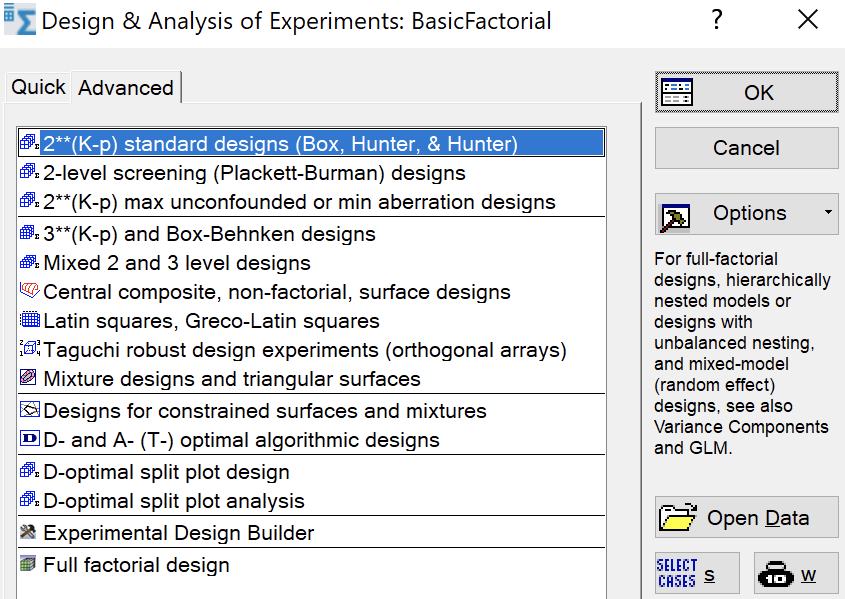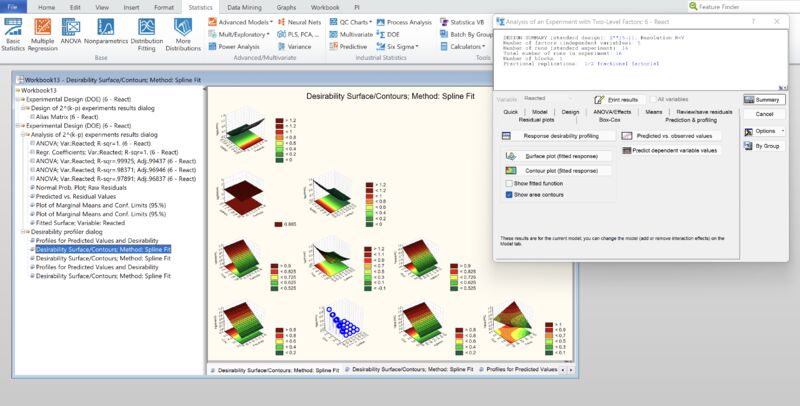DOE – Factorial Design
Design of Experiment (DOE) is a set of mathematical methods for process optimisation and for quality by design (QbD). The importance of DOE in any manufacturing industry is definitely great, typically crucial, as since 1923 this is the best way to reduce costs and improve quality. The course covers the main DOE method, called Factorial Design, which is a powerful and widely used type of DOE. The easiest yet the most commonly used. This is the step zero to enter the enchanted world of DOE.
Topics include
- Introduction to Design of Experiment (DOE)
- Definition and concept of optimisation
- The DOE approach to process optimisation
- The distinct types of DOE
- The concept of sequential experimentation
- Factorial Design
- Main concepts and keywords of DOE: corner points, runs, replicates, factors, levels
- Understanding and using the run order
- Why DOE works
- Why you take a huge risk if you do not use DOE
- How to analyse data collected with a factorial designt
- How to validate the model obtained from data analysis
- How to use the model
- Practical process optimisation
- Definition of blocks and how to use blocks
- How to choose the initial design
- Central points and the problem of curvature
- Fractional Factorial Design
- Understanding the confusion matrix
- Alias structure of the confusion matrix
- How tho choose an acceptable design resolution
- How to choose between similar models
- Testing the model and further analysis
- Making a validated model become live and usable
What you will be able to do
- Create a factorial design
- Analyze data from a factorial design
- Test for curvature
- Reduce the number of experiments
- Validate a model
- Use a model for process optimisation
Duration
1 day.
Pre requisites
Basic Statistics.
Available based on
- TIBCO Statistica
- Minitab
- R
Audience
This course is designed for every professional dealing with process and product optimisation, or with quality by design and with quality improvement in general. It also perfectly fits the needs of those whoa re studying a new or complex process and want to understand which variables are really important, while keeping time and cost contained.








